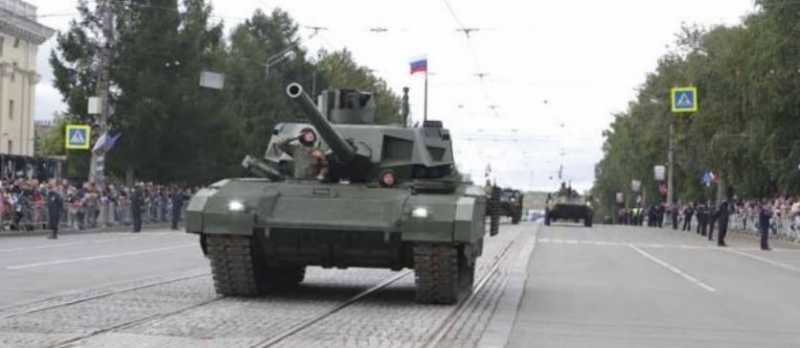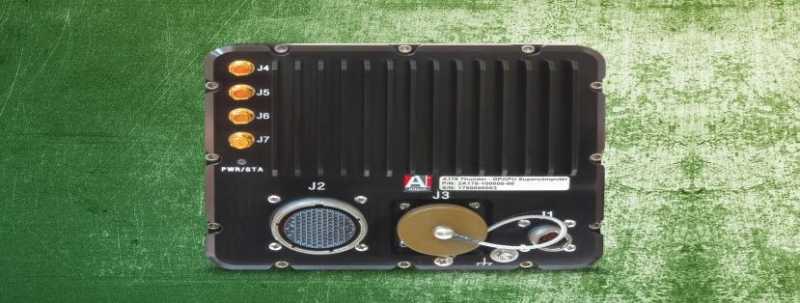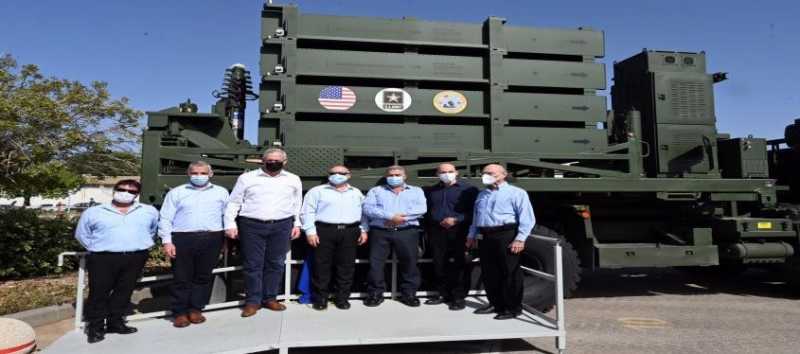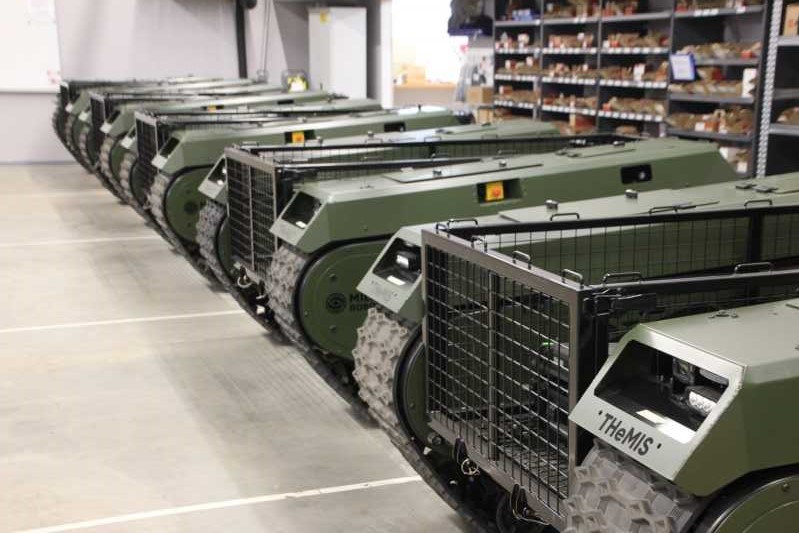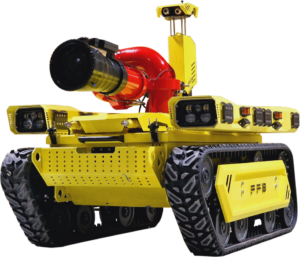
FFBOTS, the Jebel Ali Industrial Area-based Emirati firm, has launched the first locally-made firefighting robot of its kind in the Middle East, with world-class technical specifications and operational capabilities.
Called Wabel, which means rain, the robot provides a qualitative addition to firefighting departments and firefighters’ efforts across the UAE and the region as it can enhance the safety of fire-fighters and support them during firefighting operations, especially in critical hard-to-reach areas or when it comes to dangerous physically-demanding tasks that may compromise their safety.
“Since its inception, the company has sought to locally manufacture, design and assemble robotics technologies, with a focus on attracting local and international competencies and expertise, inspired by its vision and the passion of the founding-team. The aspiration of the company’s investors towards AI-based innovations are in line with the vision and directions of the UAE government,” said Mohammed Islam, a robotics expert and CEO of FFBOTS.
“The start has been made from the UAE with a joint Emirati-Saudi investment. We intend to go global, taking into account the directives of our wise UAE government that calls for leveraging artificial intelligence to a maximum to enhance the quality of life and preserve the lives and property through instant response to fire-fighting operations. This is especially the case in one of the fastest-growing economies in the world, where giant projects and factories, free zones, warehouses, tall residential towers and other sensitive areas are spread,” he added.
Mohammed Islam indicated that the robot complements rather than annuls the role of civil defence, by providing a qualitative addition to its efforts in fighting fires and preserving lives and property, especially when fires involve high-risk situations, such as proximity to oil and gas reservoirs and highly flammable materials that cannot be approached.
Robot Technical Specifications
Wabel has multiple high-calibre features. It can be deployed in dangerous and critical areas in anticipation of any fires, which enhances the safety levels of facilities and helps protect people and properties. Pending the arrival of civil defence personnel, it helps controllers, especially in critical places, to immediately use it remotely and start firefighting operations, benefitting from a powerful flow rate of 8,000 LPM, a range of 100 meters, and a height of 50 meters.
The robot helps civil defence men get to the heart of the event and enhance their firefighting capabilities, especially in extremely dangerous situations, such as the potential explosions of ammunition depots, toxic chemical fires, nuclear reactors, high-temperature oil field fires, and collapsed buildings among other dangerous situations, not to mention its role in assisting specialized companies in matters of settling insurance claims.
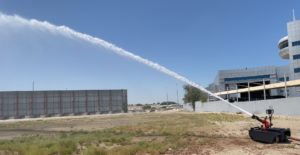
The robot is controlled wirelessly by a control station with a control range of up to 1,000 meters. It is equipped with 4-hose-inlets and a GPS build routing and maps for robot location and facilitations of navigation, which helps controllers make full advantage of its technical capabilities.
The robot uses foam and water with a flow rate of 8,000 LPM. It is equipped with six smart cameras covering four directions, making it the firefighter’s eye from the heart of the event, hence enabling operation decisions to be made remotely without approaching the fire scene. The robot is also equipped with front-end water sprinklers to cool the surface in front of the robot and vertical water sprinklers to create a water umbrella to cool the robot from above. Wabel is professionally manufactured to enable it to climb the stairs up to 30 degrees, thanks to its weight of about a ton. It is provided with strong front bumpers, which enable it to collide with obstacles in front of it, hence facilitating its quick access to fire locations.
The robot is also equipped with a dedicated camera for extinguisher target direction and a back camera to facilitate movement, in addition to an inbound audio channel to enable the controller to hear sounds around the robot; 15 temperature-sensing points, such as motors, battery, electronic components, robot body, and outer temperature. The robot’s powerful headlights enable control officers to see clearly during heavy smoke, and its audible siren helps locate the robot, while also alerting others in smoky or low-visibility areas and warning residents of a fire.

